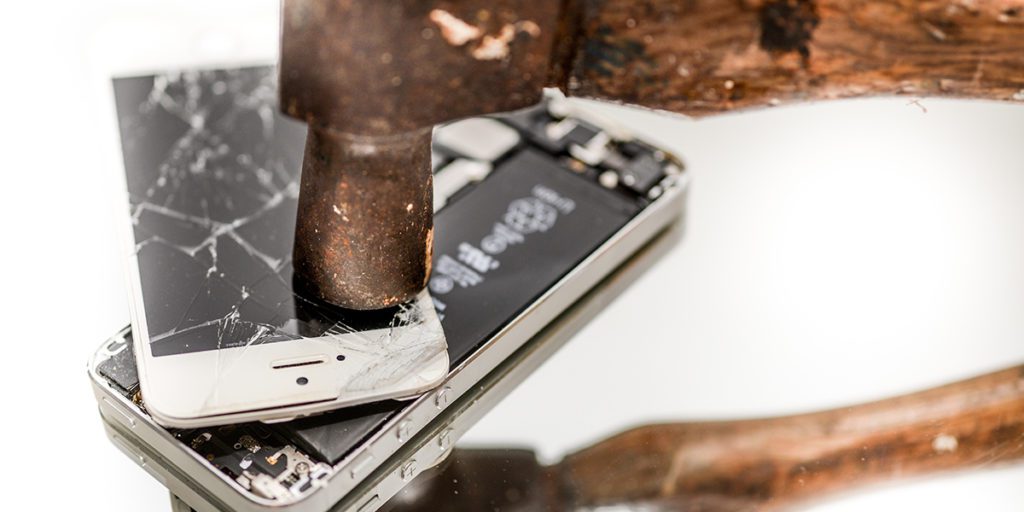Spoliation of Evidence: When Does an Individual or Business Have an Obligation to Preserve Evidence?
Reading Time: 5 minutes
When litigation arises, parties to that litigation need evidence to prove their cases. In many instances, non-parties may have documentary evidence to support and/or refute the litigants’ positions in that lawsuit. But, what is a non-party’s obligation to preserve evidence and not be the subject of a claim for spoliation of evidence?
The Definition Of Spoliation Of Evidence
Spoliation of evidence is “the intentional destruction, mutilation, alteration, or concealment of evidence, usually, a document.” Black’s Law Dictionary (8th Ed.). The case of Shamrock-Shamrock, Inc. v. Tracey Remark discusses a non-party’s duty to preserve evidence. 271 So.3d 1200 (Fla. 5th DCA 2019). Simply put, that duty is not unlimited and does not require a non-party to preserve evidence as a matter of law.
Shamrock owed property in Daytona Beach and sought rezoning of it to develop a hotel and marina. The City of Daytona Beach denied that zoning request. Ms. Remark was a member of the City’s Planning Board at that time. Shamrock sued the City of Daytona Beach and the Planning Board, alleging the City intentionally thwarted Shamrock’s right to develop the property. Remark was not a party to that lawsuit. However, the complaint referred to her twice in the general allegations. In the litigation, Shamrock sought to take Remark’s deposition and served notices of deposition and subpoenas on her. One of those deposition notices required her to bring documents to the deposition.
At Remark’s deposition, she testified she obtained a new computer and destroyed her old one, and did not preserve any records from her old computer. She did not review the old computer to see if it contained any documents relative to the notices of taking deposition. In sum, her testimony established that she destroyed her old computer after receiving the first deposition notice, but before receiving the last one which required the production of documents. Thereafter, Shamrock filed a two-count complaint against Remark, alleging she intentionally destroyed or negligently destroyed documents in bad faith.
Shamrock argued that Remark had a duty to preserve evidence because Remark had notice of the litigation between Shamrock and the City, and she received her deposition notices in the litigation. Therefore, according to Shamrock, Remark had a duty to preserve evidence based on the foreseeability of litigation.
The trial court denied Shamrock’s motion for summary judgment on this issue and found that Remark had no statutory or contractual duty to preserve evidence. The trial court also found that by the time Shamrock served Remark with a subpoena for documents, she had already destroyed her old computer. Therefore, she had no legal duty to preserve her old computer or its contents on the date she destroyed it.
When Is An Independent Cause Of Action For Spoliation Of Evidence Recognized?
In Florida, courts recognize an independent cause of action for spoliation of evidence against third parties (like Remark) when a person or entity, who is not a party to the lawsuit causing plaintiff’s damages, loses, misplaces or destroys evidence that is critical to the lawsuit. To establish such a cause of action for spoliation, the plaintiff must prove: (1) the existence of a potential civil action; (2) a legal or contractual duty to preserve evidence relevant to that action; (3) destruction of that evidence; (4) significant impairment in the ability to prove the lawsuit; (5) a causal relationship between the evidence’s destruction and the inability to prove the lawsuit; and (6) damages. Id. at 1203. The issue in Shamrock was whether Remark (not a party to the underlying litigation) had a duty to preserve the evidence.
In Florida, the duty to preserve evidence arises in a third-party spoliation case based on the existence of a contract, statute or properly-served discovery request. However, Florida law does not impose a common law duty on a third party to preserve evidence simply based on foreseeability, or even actual knowledge, of litigation.
The appellate court in Shamrock recognized there is no general duty in common law to preserve evidence in a third-party spoliation situation. The court was concerned about the automatic imposition of such a duty on all witnesses, and the problems that would be caused with that witness’ own property right, as well as insuring the finality of judgments, given the likelihood of spoliation claims by imposing a broad, common law duty to preserve evidence.
Conclusion On The Obligation To Preserve Evidence In Florida
In the Shamrock case, there was no statute, contract or discovery request that imposed a clearly-defined duty on Remark to preserve any potentially relevant evidence. Therefore, the duty to preserve would arise only through pending litigation and her anticipation that something in her control could be potentially useful in the litigation. While Shamrock wanted the court to announce that Remark owed a duty to it based upon the foreseeability of litigation, the appellate court disagreed. On this issue, the appellate court stated:
such a broad pronouncement would be tantamount to declaring a general legal duty on any nonparty witness to anticipate the needs of others’ lawsuits. There are innumerable circumstances in which a nonparty to litigation may have evidence relevant to a case and may know of its relevance. But that knowledge, by itself, should not give rise to a duty to safeguard the evidence in anticipation of litigation. Id. at 1206.
Therefore, the holding in Shamrock demonstrates that non-parties do not have a common law duty to preserve evidence, even if they know of pending litigation. Nevertheless, non-parties are wise to consult counsel before discarding any documents that might be relevant in a current or potential lawsuit.
Read these blogs for additional information on preservation of evidence in Florida:
When do Florida Companies Need to Start Preserving Electronic Evidence if a Dispute is Possible?
Electronic Evidence, eDiscovery Case Law and the Attorney’s Role – Part I
5 Things You Need to Know About Obtaining Discovery From Mobile Electronic Devices


